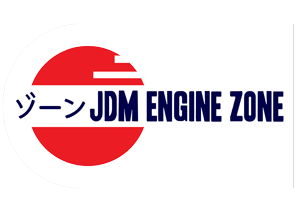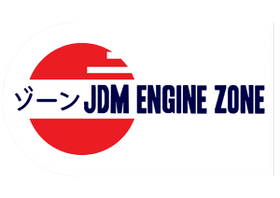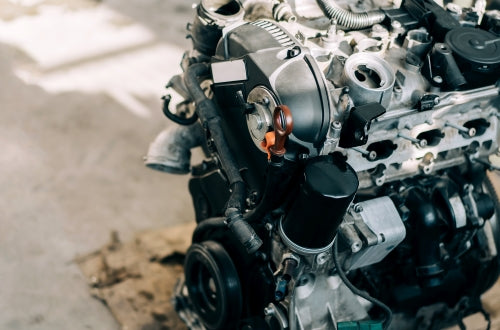Troubleshooting a Hesitating Engine
If your car’s hesitating problem only occurs when accelerating, then it could be caused by an issue with the fuel system. The most common cause of this issue is a clogged fuel filter, which prevents fuel from reaching the engine as quickly as it should. To check if this is the case, inspect the fuel filter for any signs of dirt or debris buildup. If there are any signs of blockage, replace the filter to restore normal performance.
Another potential cause for hesitation during acceleration could be an air leak in the intake system. An air leak can reduce airflow and make it difficult for your engine to accelerate properly. This can be fixed by inspecting all seals and gaskets on the intake system for any visible signs of damage or wear-and-tear. Make sure to replace any worn out parts before continuing to drive your vehicle.
Ignition System Issues
A hesitant engine can also be caused by problems with your car’s ignition system, such as faulty spark plugs or wires. If you haven’t replaced these components in some time, they may need to be replaced due to age or wear-and-tear. Start by inspecting each spark plug individually and replacing any that appear worn out or damaged. Next, inspect each spark plug wire for any fraying or breaks along its length and replace them if necessary. Finally, check that each wire is securely connected to both its respective spark plug and coil pack so that no air leaks occur during acceleration.
Troubleshooting your car's hesitating engine doesn't have to be difficult or expensive! By checking basic components in both the fuel system and ignition system, you can easily identify what might be causing the issue and find an effective solution without too much hassle! Once you've found the source of the problem, don't forget to properly maintain these components in order to keep your car running smoothly for years to come!




